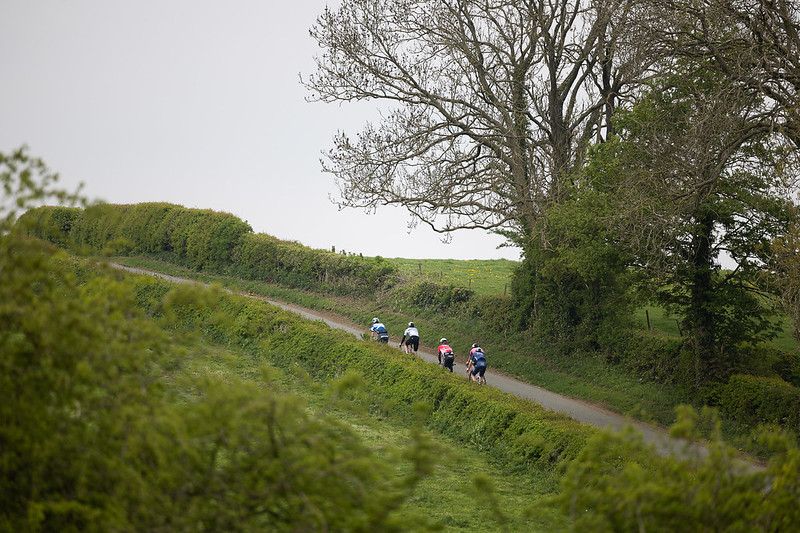Suffering an injury while out cycling can be a deeply unsettling experience, often leaving you dealing with not only physical pain but emotional and financial strain as well.
While your recovery should be the top priority, it’s understandable that concerns about loss of earnings, medical expenses or the cost of repairing your bike can add significant pressure.
Many people assume that a personal injury claim is purely about securing compensation, but in reality there’s much more support available to help you get back to full health and out on your bike again.
Understanding damages and the role of Interim Payments
In most cases, compensation is paid out to the injured party at the conclusion of the case – in other words when an offer is made and accepted.
However, and determined on a case-by-case basis, there are provisions in place that would allow you to receive damages before the case has fully settled – this is what’s known as Interim Damages.
Your solicitor can make an order for interim damages if liability is admitted early on in your case, or the evidence gathered supports a finding of fault on the part of the negligent party.
This could mean you benefit from the support of funds as your case is still progressing which can help ease some of the stresses and burdens that, unfortunately, can arise after an accident.
The kit and courage: getting back on the bike
As a cyclist, ‘getting back on the bike’ is more than just an expression. Being able to return to cycling, for many, forms an important part of the recovery and rehabilitation process – one that the claims process is built to recognise and encourage.
If your bicycle is damaged and deemed irreparable, then how can you plan that return to cycling? How can you get back to that feeling of normality? Why should the onus be on you to cover the cost of the repair?
Securing a payment for interim damages can help to purchase that replacement bicycle removing a major barrier to your recovery and helping you regain a sense of independence, mobility and routine while your claim progresses.
Rehabilitation also plays a crucial role in the recovery journey following a cycling accident, particularly when injuries are complex or long-lasting.
Unfortunately, not all injuries heal quickly, and for many people symptoms can persist for months, years or in some cases, indefinitely. That’s why access to the right treatment at the right time is crucial.
This can take many forms, but the most obvious examples are physiotherapy to aid physical recovery or psychological therapies such as Cognitive Behavioural Therapy (CBT) to address trauma or anxiety. This would ordinarily be organised on a private basis to ensure treatment can start immediately.
In virtually all cases the cost of rehabilitation treatment will be met by the insurers of the party at fault for your accident ensuring that your focus remains where it should be – on your health and recovery.
An interim payment can also go a long way to easing some of the financial pressures which can arise after an accident if your injuries prevent you from working and you’re unable to pay your bills as a result.
Seeking expert legal advice matters
At Digby Brown, we have decades of experience – and a proven track record – of helping people who were injured when it wasn’t their fault. Our job is to help cyclists recover physically, financially and emotionally with the aim of getting you back to doing what you love.
If you are involved in a cycling accident and want to further explore the possibility of pursuing a claim, then we are here to help.
Ryan Connelly, Specialist Cycling Solicitor

